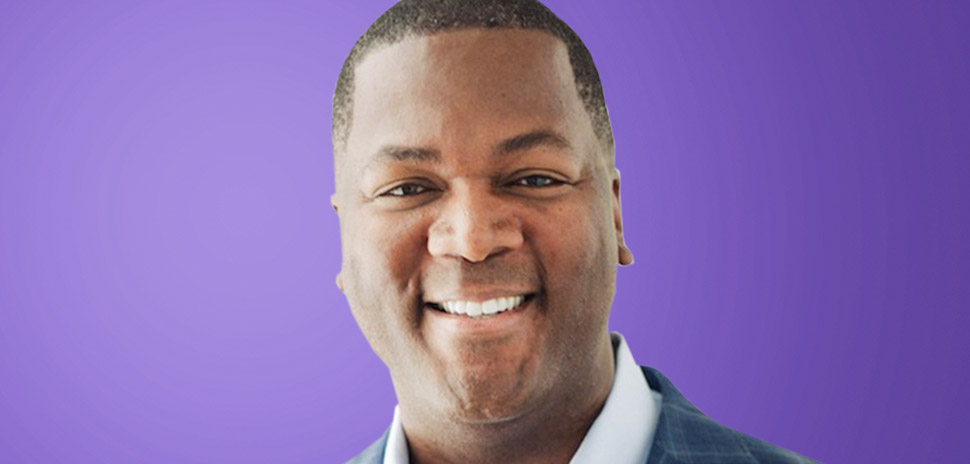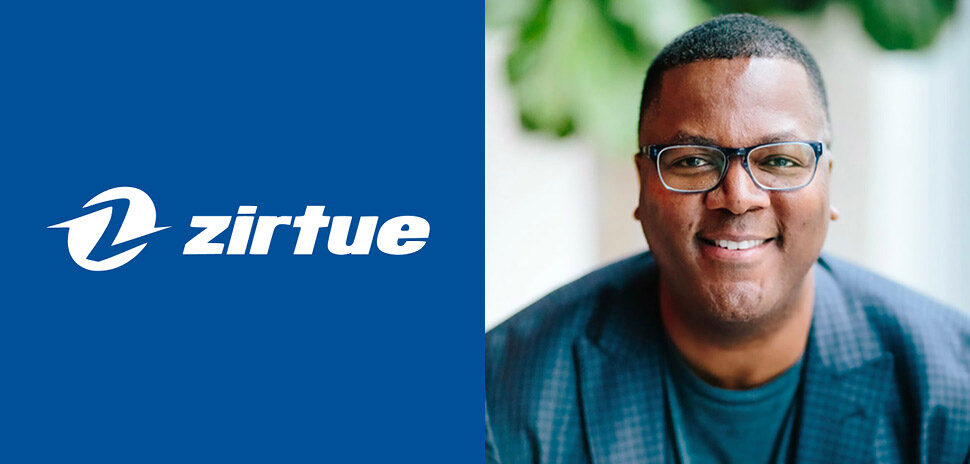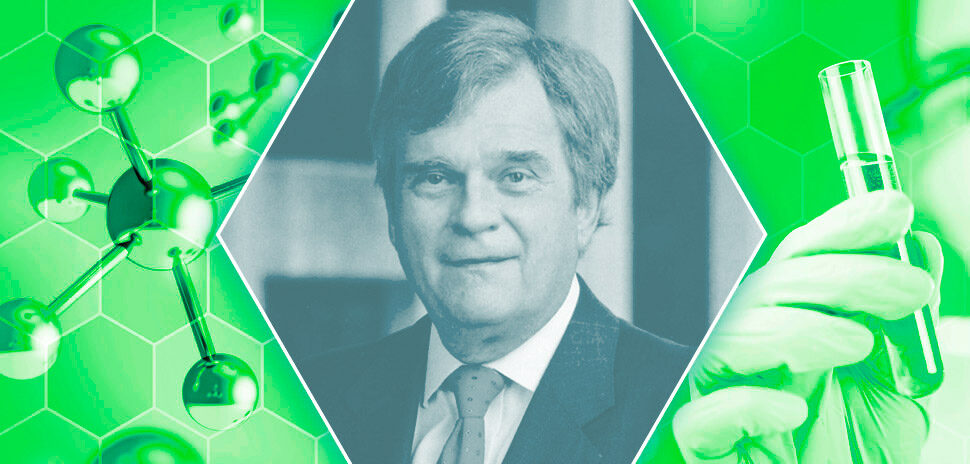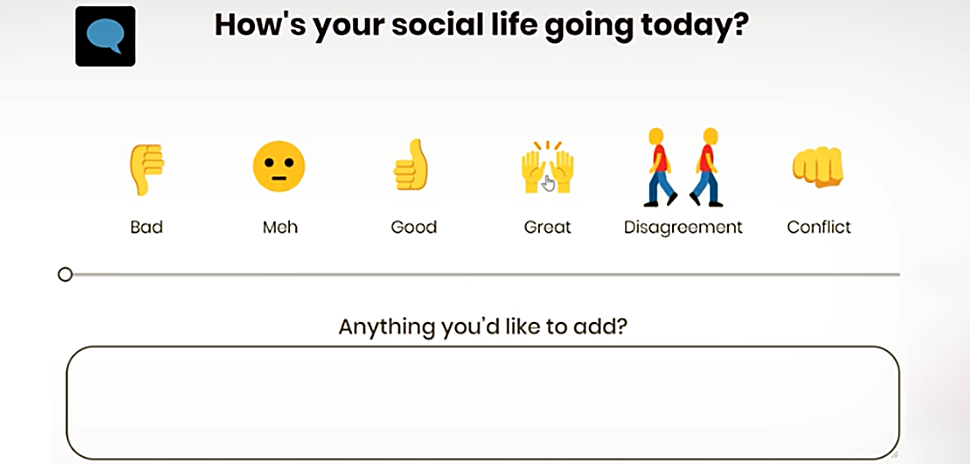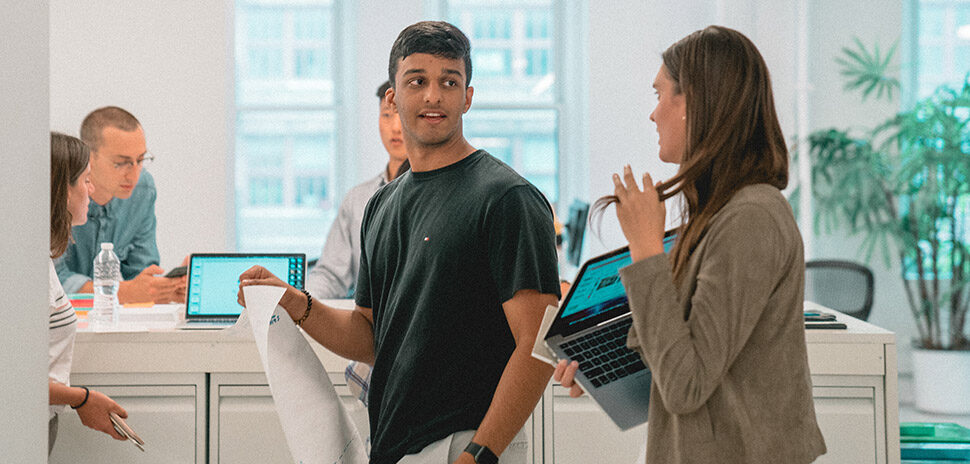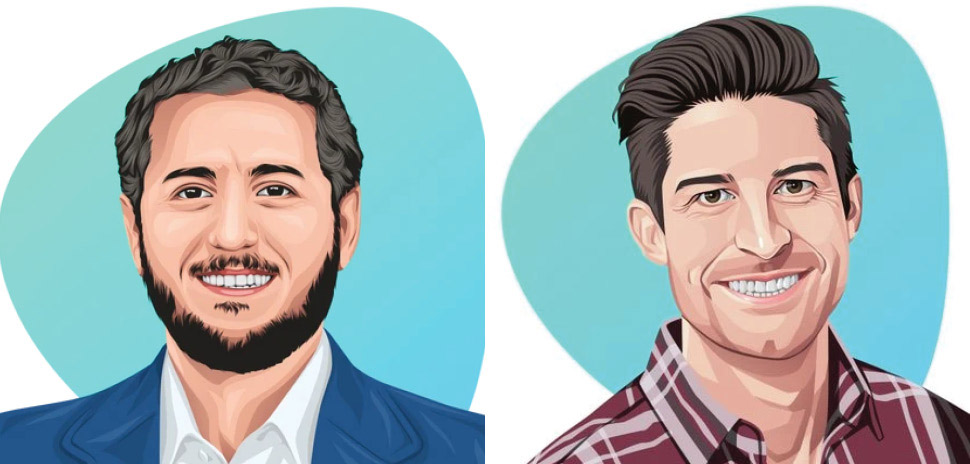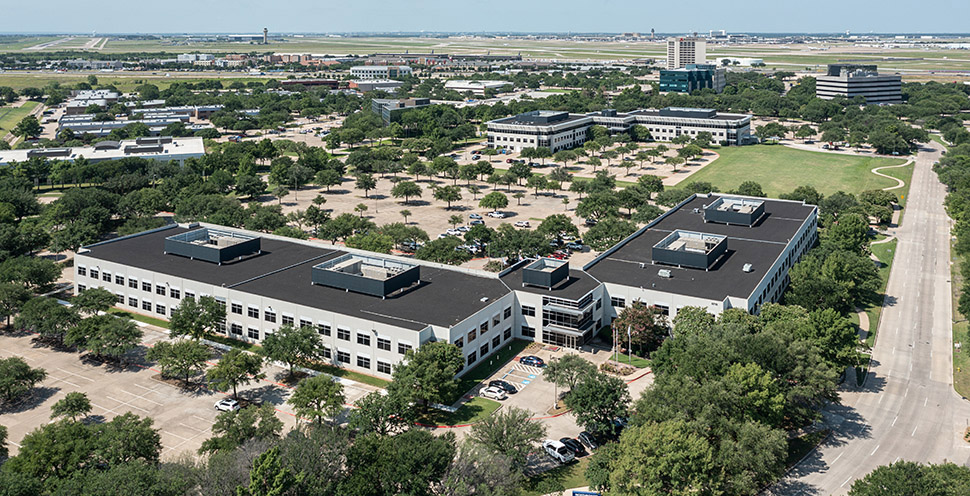![]() In this weekly column, CEO of The DEC Network, Bill Chinn, interviews a “celebrity mentor” that is currently participating in the organization’s Fast Start Mentor Program. The program matches tenured business leaders who have handled crises before to small business owners struggling to navigate the COVID-19 crisis.
In this weekly column, CEO of The DEC Network, Bill Chinn, interviews a “celebrity mentor” that is currently participating in the organization’s Fast Start Mentor Program. The program matches tenured business leaders who have handled crises before to small business owners struggling to navigate the COVID-19 crisis.
This week, Bill Chinn spoke with Dennis Cail, Co-Founder and CEO of Zirtue, to get actionable advice for small business owners and entrepreneurs including being open and honest about things regardless of the situation, investing in yourself before others invest in you, and building a relationship with your mentor face-to-face (virtually, for now).
Bill Chinn: First things first, why do you mentor and why is mentoring so important to you?
Dennis Cail: This is a great question. I’ll answer the second part first, addressing why mentoring is so important. I grew up in a single parent household, so I grew up where people mentoring me was an absolute necessity for any success I have today. For that reason, I feel like it is a requirement in my life. I want to see people do better and elevate their lives, and if I can be a small part of that I’m happy to do it. It is just something that I love to do. I like to see the fruits of that when and if possible, and there is nothing that I expect back from it other than for the people I am mentoring to go off and be wildly successful.
Chinn: That’s a great answer, Dennis. Can you give me an example of how you have benefited from good mentors in your life?
Cail: Probably my entire life, I have benefited from different mentors within my community. I spent four years in the navy and throughout my career. I was eighteen years old and I was on the ship, and I was always into something. When I did something, my Executive Officer asked me if I did it and I kind of paused. He just commented and said, “Cail, bad news never gets better with time.” So I just confessed and said, “yes, I did it.” He thanked me, appreciated it and told me to carry on. It really taught me an important lesson about just being honest and open with people regardless of how bad you think the news may be. There will always be opportunities to work with people and work around issues. That’s how I approach everything—with a huge sense of integrity and transparency—and that has paid off.
Chinn: That’s great, and a very important lesson. Do you have advice for fellow entrepreneurs going through this crisis, in addition to having integrity and honesty?
Cail: One piece of advice I always say is to invest in yourself before you expect anyone else to invest in you. That needs to be clear—that’s not always money some people may not have capital to invest in themselves, but they have to have some sort of equity whether it be by the way of cash or effort. They have to see that work, they have to see that investment, they have to see that hustle. If they can’t, I would say you are not ready to ask people to mentor you or invest in you. Even when people are mentoring you, that’s a huge investment over time and that’s something that none of us should ever take for granted. So that would be my advice—to invest in yourself before you expect or ask others to invest in you.
Chinn: Speaking of investment, your company is certainly getting a lot of attention. Can you tell us about Zirtue?
Cail: Yes, Zirtue is the first FinTech relationship-based lending application that simplifies loans between friends and families. We automate the repayment process with the option of paying your bills directly to our corporate partners through the Zirtue app as well, and we are actually about to launch and introduce the Zirtue debit card this summer. You will be able to lend, borrow and bank with Zirtue. The big part and big reason for that is we serve a lot of unbanked people today, and going forward we are looking forward to serving more of the unbanked people who are not able to get access to a basic checking or savings account.
Chinn: That’s very cool stuff. So tell me a little about your experience with one-on-one mentoring—why not just write down what you know in a pamphlet and why is it important to get in front of each other eyeball to eyeball?
Cail: It is always important to put eyes on people to really make sure that you are aligned. That’s the reason I like video conference calls over regular conference calls, because body language tells you a lot. If I’m mentoring someone, it is important for me to understand that they understand what I’m saying to them or important for them to see me and my reaction so they can say, “Okay, does that make sense?” or something to that effect. The second reason is that it’s hard to make a connection over the phone. It is a lot easier to build a meaningful relationship with your mentor in a one-on-one, face-to-face situation. You can have all the personality in the world, but nothing beats that one-on-one face time.
Chinn: I completely agree. Now for the lighter questions—what are you reading right now?
Cail: I have a book that I’ve been reading called Essentialism by Greg McKeown. The principle of the entire book is how to discern the trivial many from the vital few, and that means only spending your time on things that really matter, and by that I mean things that are really going to help you move the needle. It really highlights how much time people waste on any given day and how people can learn to just focus on the things that are truly essential. The average person spends about less than ten percent of their time on things that are really essential, so that’s why it is a great read. I’m starting to try and apply some of this stuff today.
Chinn: That’s awesome. So when we get the checkered flag and we are allowed to wander around, where is the first place you are going?
Cail: Probably the first place I’m going to go to is Al Biernat’s! I am a huge fan of Al Biernat’s, I love a good steak and I miss it! I would go by my favorite wine place over at Graileys as well.
Chinn: Nice! In the meantime, what are you binge watching? Are you a Tiger King guy?
Cail: Oh man, I watched Tiger King and it was crazy. My wife pulled me into that and forced me to watch some of it with her, it was a slow moving train. I’m not a big show guy, but there are some Netflix shows that I think are worthy of binge watching. Peaky Blinders is one of those. I’m more of just a movie guy—any of the Jason Bourne movies, or any of the Bourne Identity movies, or anything with Denzel in it is something I would be a fan of.
Chinn: Alright, since you brought your wife into this, what’s the couple’s date that is going to happen after we get the all clear?
Cail: We’re just going to get together with a bunch of friends, drink a lot of wine, eat good food and just be glad we don’t have to wear a mask. We’re gonna keep it simple and just enjoy the fellowship.
Chinn: Word of warning though, my neighborhood had a party and everyone maintained six feet distance for about the first two glasses of wine, and then after that I don’t think anyone stayed six feet away from anything the rest of the night!
Cail: You know, that tells you how much people need to be connected and how connected we really are with each other. We actually do need each other and I think, if nothing else, this has highlighted the fact that we need that connection.
Chinn: Staying on that theme, from a business perspective, what do you think is going to be the biggest change after the crisis is over and we move forward as sort of a business society?
Cail: I don’t think we will have as many people in the office. I think a lot of people that are working from home now will continue to do that for the foreseeable future, not just in 2020 but into 2021 as well. Some of that will be a personal choice and some of that will be companies just making those decisions, so I think this virtual world will actually become a part of a new normal. I don’t think that’s necessarily a bad thing.
Chinn: I agree, it’s going to be very different. Thank you so much for your time, Dennis.
The DEC Network is a partner of Dallas Innovates. The 501c3 non-profit organization drives innovation and economic impact by helping entrepreneurs start, build, and grow their businesses. Through a number of innovation hubs across DFW, The DEC Network provides entrepreneurs with education, mentorship, community, and advocacy. For more information, please visit www.thedec.co.
![]()
Get on the list.
Dallas Innovates, every day.
Sign up to keep your eye on what’s new and next in Dallas-Fort Worth, every day.










